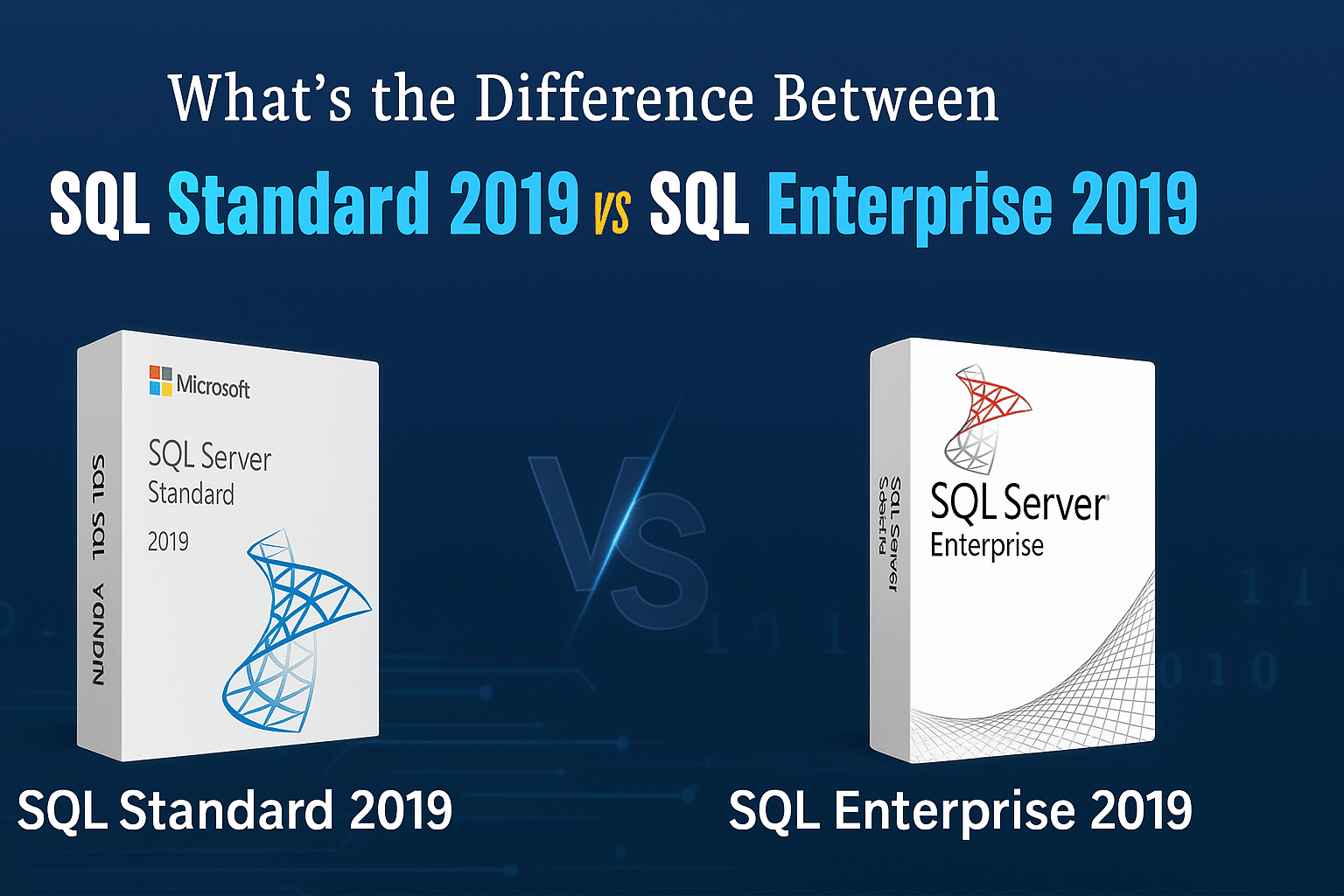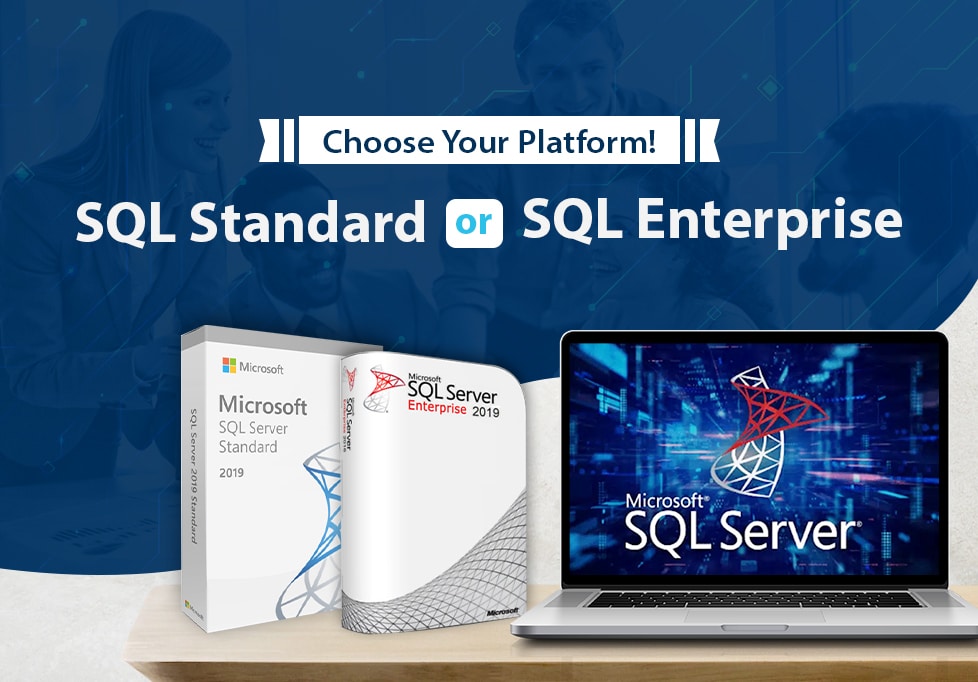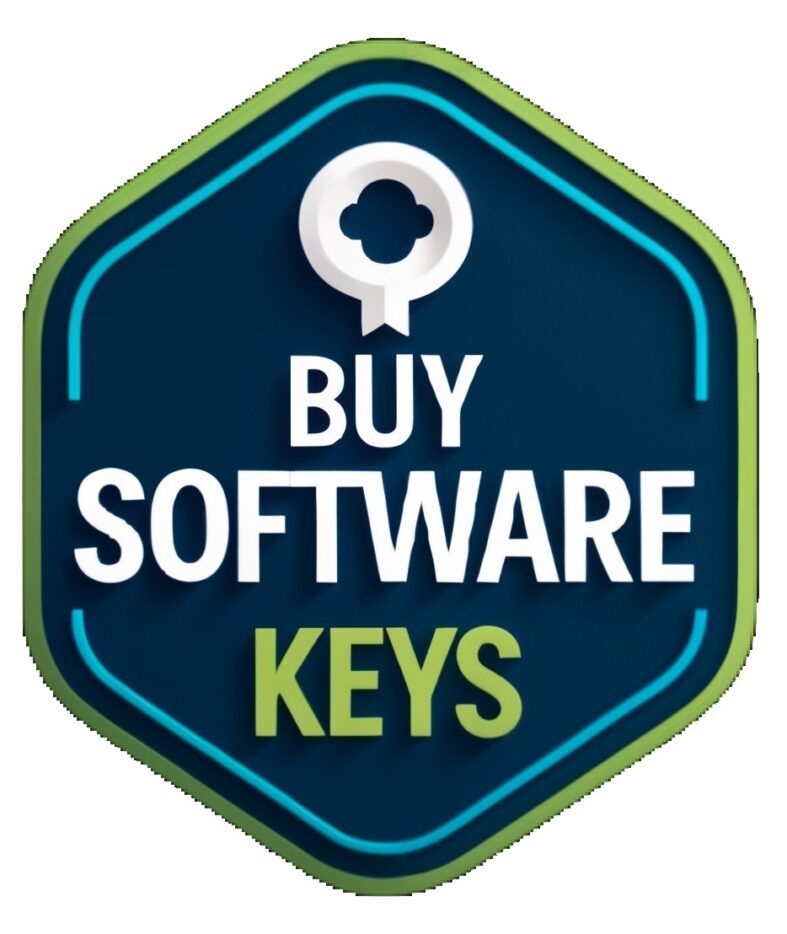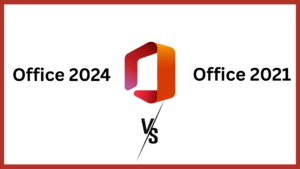
What’s the Difference Between SQL Standard 2019 and SQL Enterprise 2019?
SQL Standard vs. SQL Enterprise: Key Differences
Microsoft SQL Server 2019 is one of the most powerful database management solutions available today. It comes in multiple editions, with SQL Server 2019 Standard and SQL Server 2019 Enterprise being two of the most commonly used options. While both editions offer robust data management, they cater to different business needs. Let’s break down their key differences in terms of cost, scalability, performance, and functionality.
Microsoft SQL Server 2019 Standard
The SQL Server 2019 Standard edition is designed for small to medium-sized businesses that require essential database functionalities. It includes all fundamental features needed for database management, reporting, and analytics. Some of its key features include:
- Core database functionalities: Provides solid data storage, management, and retrieval.
- Basic availability and disaster recovery: Ensures business continuity with minimal downtime.
- Reporting and analytics: Supports basic business intelligence tools for data-driven insights.
- Non-mission-critical applications: Ideal for businesses that do not require high availability.
- Scalability: Supports up to 128 GB of RAM and 24 CPU cores per database instance.
The SQL Standard edition is perfect for organizations that need a reliable database solution without investing in high-end performance and scalability features.

Microsoft SQL Server 2019 Enterprise
SQL Server 2019 Enterprise is the high-end edition, designed for large organizations that require extensive scalability, security, and advanced analytics. It includes all the features of the Standard edition plus several enterprise-grade enhancements:
- Advanced security features: Offers transparent database encryption, fine-grained auditing, and configurable key management.
- Performance and scalability: Supports unlimited RAM and CPU cores, compared to the Standard edition’s limits.
- Always On Availability Groups: Provides high availability and disaster recovery solutions across multiple data centers.
- Machine learning and AI integration: Includes support for AI-driven analytics and big data clusters.
- Unlimited virtualization: Enables flexible and cost-efficient virtualization for high-performance applications.
Key Benefits of SQL Server 2019
Both SQL Standard and SQL Enterprise editions offer cutting-edge technology to help businesses manage their data efficiently. Here are some of the top benefits of SQL Server 2019:
- Multi-format data support: Work with relational, non-relational, structured, and unstructured data.
- Cross-platform compatibility: Supports Windows, Linux, and containerized environments.
- Performance optimization: Industry-leading performance and scalability to handle high workloads.
- Security enhancements: Built-in data classification, encryption, and monitoring.
- Comprehensive reporting: Utilize Power BI Report Server to generate insightful reports across multiple devices.
Comparing SQL Standard 2019 vs. SQL Enterprise 2019
| Features | SQL Standard 2019 | SQL Enterprise 2019 |
| Core Database Functionalities | Yes | Yes |
| High Availability & Disaster Recovery | Basic | Advanced (Always On) |
| Maximum Memory Support | 128 GB | Unlimited |
| Maximum CPU Support | 24 cores | Unlimited |
| Transparent Data Encryption | No | Yes |
| AI & Machine Learning Integration | No | Yes |
| Advanced Security Features | No | Yes |
| Unlimited Virtualization | No | Yes |
| Power BI Report Server | Yes | Yes |
Which SQL Server Edition is Right for Your Business?
When deciding between SQL Server 2019 Standard and SQL Server 2019 Enterprise, consider the following:
- Small to medium-sized businesses with moderate database needs should opt for the Standard edition.
- Enterprises handling mission-critical workloads, big data, and advanced security requirements should choose Enterprise edition.
- If you anticipate scaling up your business, the Enterprise edition provides future-proof capabilities for growth.




